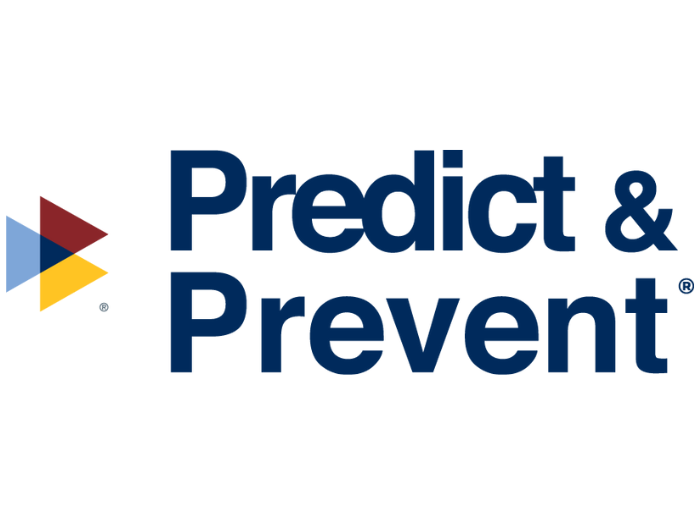Technology’s Profound Potential to Lower Costs and Identify Risks in Workers’ Compensation

At a presentation at the National Workers’ Compensation and Disability Conference & Expo on Wednesday, the profound potential of technology to influence outcomes for injured workers was given an intriguing airing.
Dr. David Dietz, chief medical officer for ChronWell, and Santiago Martin, CEO of Trilogy Personnel and Land Management, an employment agency in the agricultural sector, detailed the impact ChronWell’s claims and incident monitoring app can have on recording and triaging injury incidents in the field.
Dr. Dietz identified four trends that relate to health outcomes in general and that are also relevant to workers’ compensation. Those four trends are…
• Patient-centered care
• AI/Robotics applications
• Precision medicine
• A focus on social determinants of health
On the payer side, he outlined four additional trends, those being…
• Workforce automation
•Effective use of data and analytics
• Value-based care, and
• Data security
Martin reported that before joining forces with ChronWell, he and his team struggled with different data sets and platforms on which to record them.
“We did not have a common place to land,” he said.
By partnering with a technology provider, Martin reported significant improvements in the outcomes of workers’ compensation claims.
Significant among them:
• An overall program savings of 22% annually
• 38% percent fewer litigated claims
• 28 % less complex claims
In talking about the potential of technology to produce better injured worker outcomes, Dr. Dietz opined that a focus on incidents, not just claims, can result in a lot less complexity at claims closure for those incidents that do blossom into claims.
He compared it to the practice in hospital settings of recording near misses, not just mistakes that result in patient injury.
“There are some pre-loss advantages here,” Dietz said.
One of the more fascinating pieces of the presentation focused on the use of chatbots to support emotional health.
An app called Woebot is showing promise in improving the moods of people suffering from depression or other psychological maladies.
Merely by conversing with a robot that checks in on them with some frequency, users report an improved psychological state.
Of course, as in any technology, there are downsides.
An audience member asked if using chatbots to aid isolated or depressed people might not increase their isolation.
Deitz wasn’t willing to say he had a solution to that potential problem.
He did say that analytics as employed by the likes of Facebook are becoming efficient mappers of the mental state of information technology and social media users.
“The point of this slide is that Vladimir Putin knows your depressed,” Dietz cracked. &










